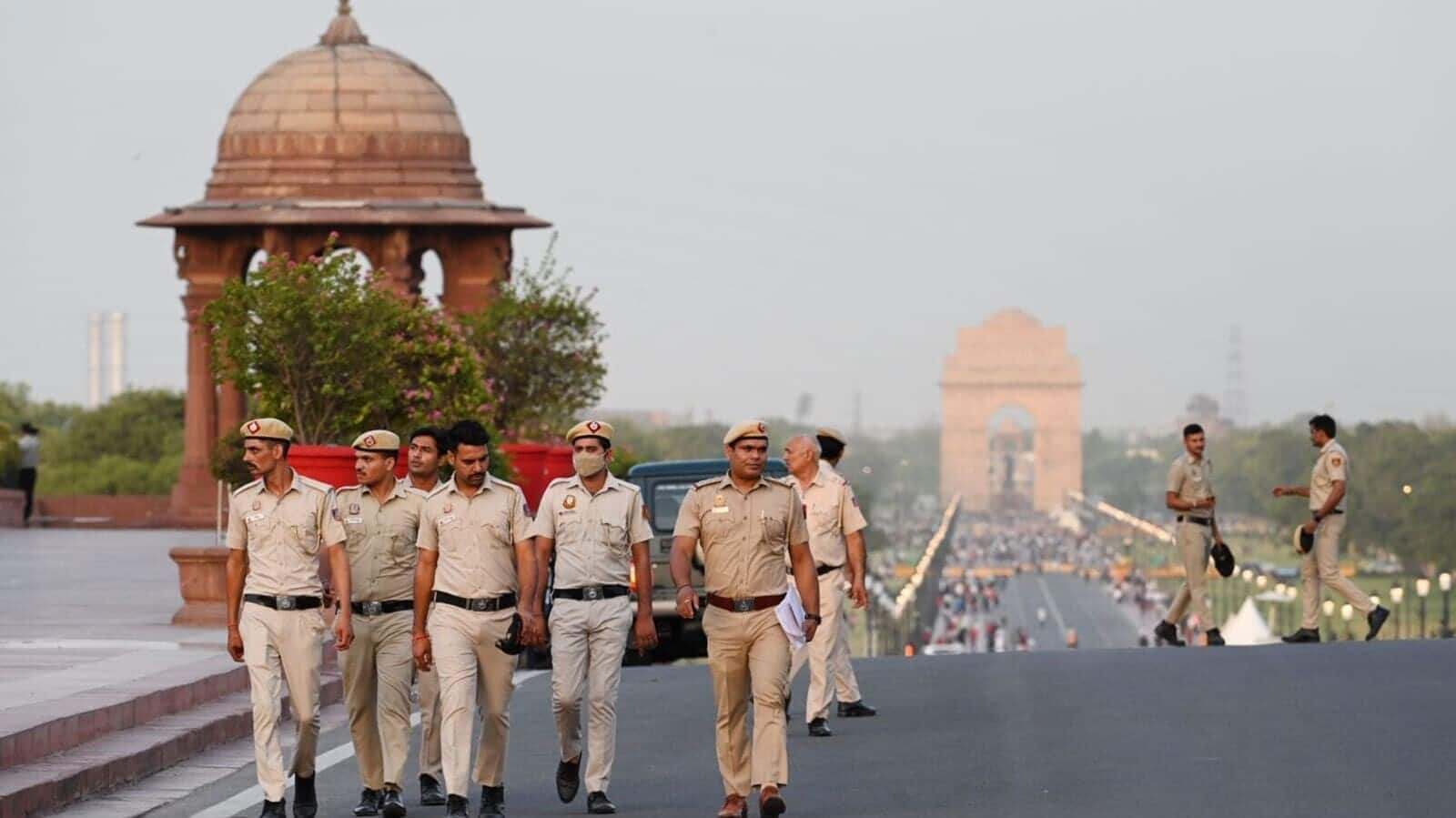
New criminal laws take effect: First case filed in Delhi
What's the story
India's legal system entered a new phase on Monday with the introduction of three new criminal laws, replacing the Indian Penal Code (IPC), the Indian Evidence Act, and the Code of Criminal Procedure (CrPC).
Both the IPC and Evidence Act, enacted during British rule, have been replaced by the Bharatiya Nyaya Sanhita and the Bharatiya Sakshya Adhiniyam, respectively.
The CrPC 1973 has been replaced by the Bharatiya Nagarik Suraksha Sanhita.
In Delhi
First case under new criminal code filed against street vendor
Meanwhile, the first FIR under the new criminal code was against a street vendor under Section 285 for obstructing a road near New Delhi Railway Station.
The relevant section says, "Whoever, by doing any act, or by omitting to take order with any property in his possession or under his charge, causes danger, obstruction or injury to any person in any public way or public line of navigation, shall be punished with fine which may extend to five thousand rupees."
Transition worries
Legal fraternity expresses concern over new laws
Separately, the transition to these new laws has sparked concerns among the legal community, with prominent figures, State Bar Councils, and Bar Associations voicing protests.
The Bar Council of India has assured it will convey these concerns to the Union Government and proposed forming an expert committee to study the new enactments.
Critics argue that despite modernizing intentions, these laws retain most provisions from their predecessors under different labels and numberings.
Implementation steps
Supreme Court and states prepare for legal transition
To recall, the Supreme Court declined to entertain two PILs challenging the new laws, with Chief Justice of India DY Chandrachud stating that these laws will have a positive impact only if infrastructure development and capacity building are promptly addressed.
Meanwhile, states across India are preparing for this transition. Delhi Police has initiated training sessions and trial processes, while Bihar Police has trained its 25,000 senior officers on the new laws and digital policing.
Legal innovations
New laws incorporate modern provisions for justice
The new criminal laws incorporate modern provisions such as Zero FIR, online registration of police complaints, electronic summonses via SMS, and mandatory videography of crime scenes for all heinous crimes.
Union Home Minister Amit Shah stated that these new laws would prioritize providing justice.
This legal overhaul is seen as a significant step toward modernizing and de-colonizing the Indian legal system.